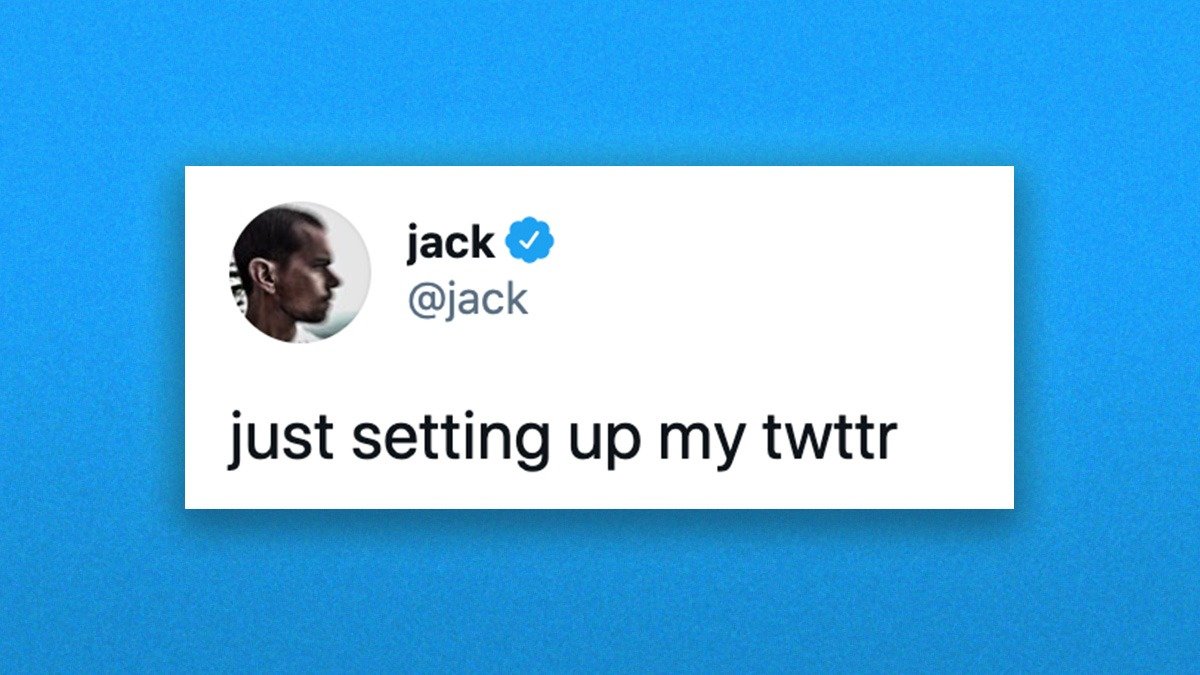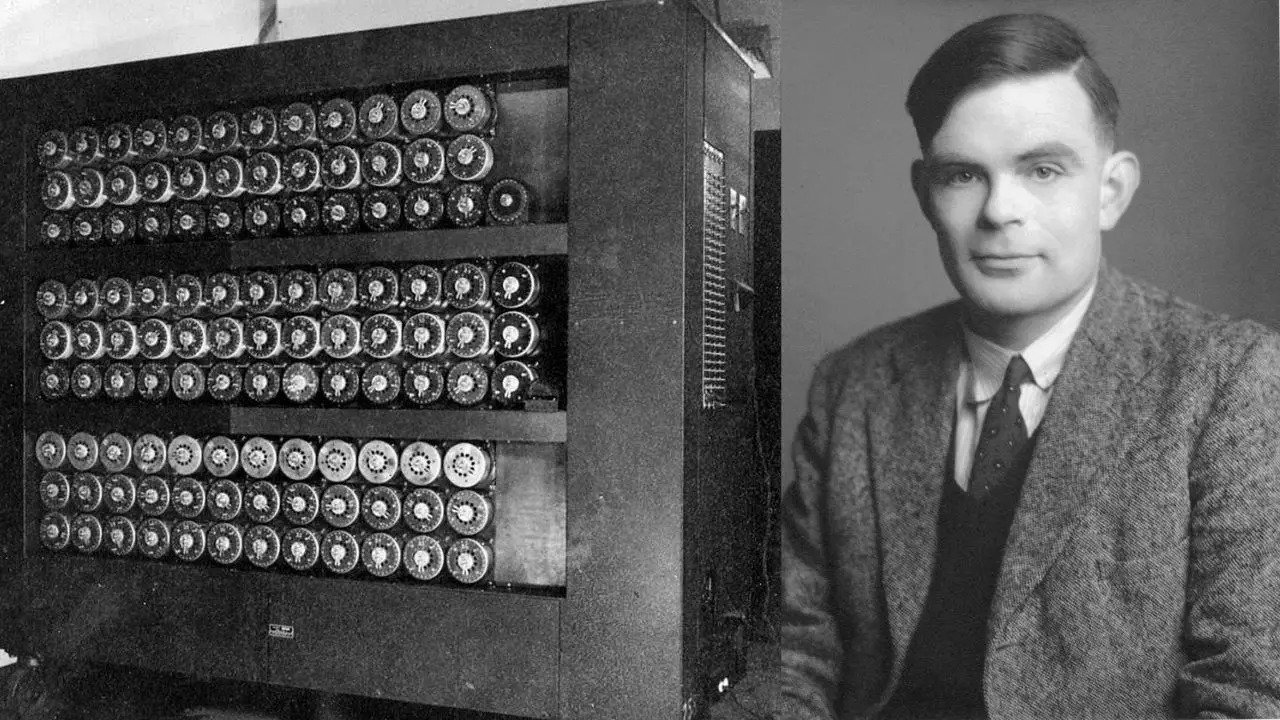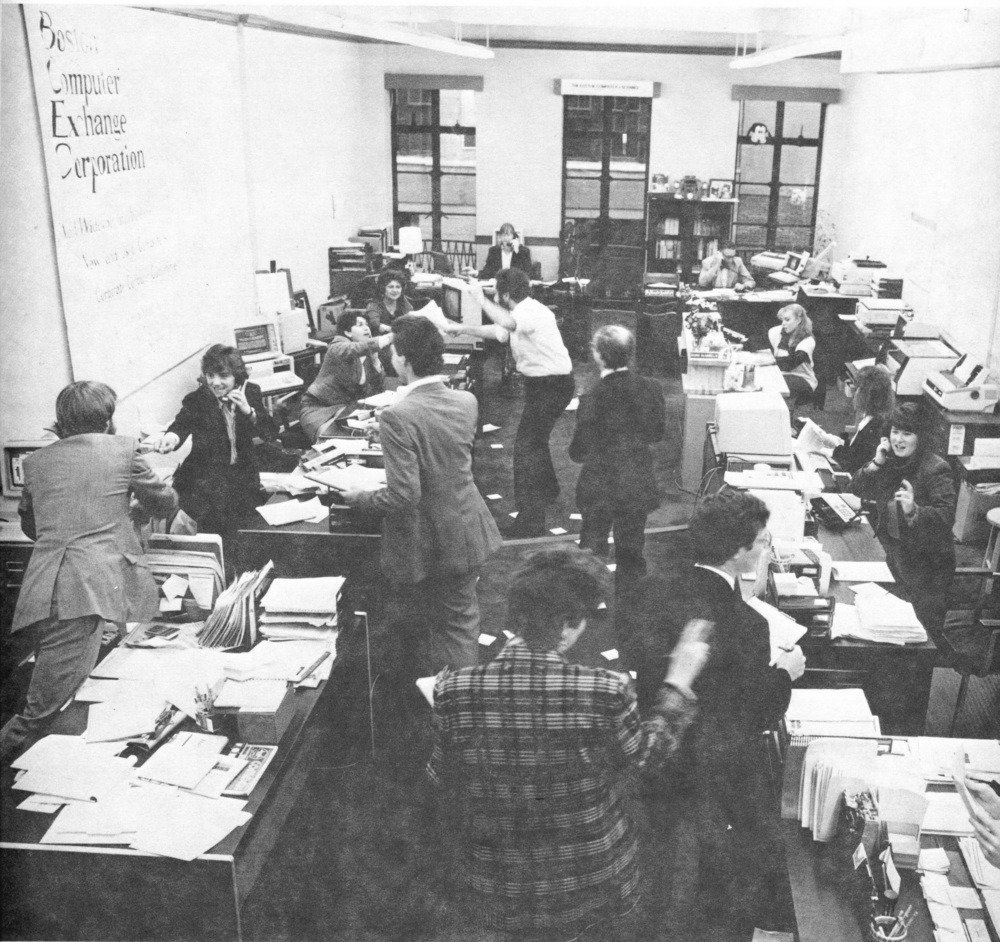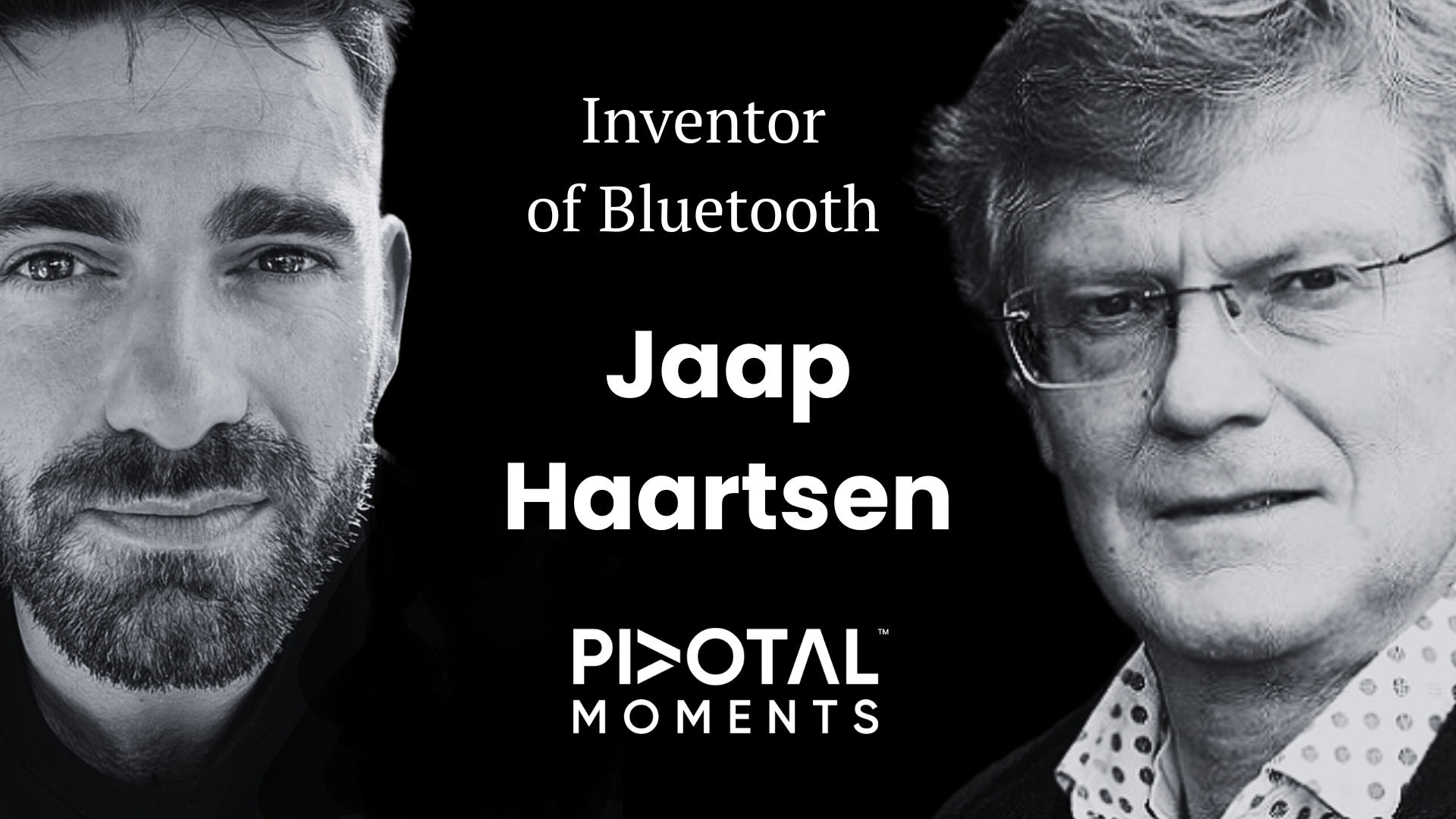Pivotal Moments
One degree of change.

Every Moment Counts
Pivotal Moments is our in-house podcast where inspiration meets innovation. All it takes is One Degree Of Change.
Hosted by Tait Pollack, CEO of Pivotal, this podcast dives deep into the stories of how leaders have navigated their most critical moments—those turning points that have defined their path to success. One degree of change that makes all the difference.
Written by our founder, Tait Pollack, Everywhere-Commerce is the first place the term E*commerce appears in print — and the first time it’s backed by a full, working methodology.
Brompton, or the modern folding bicycle revolution, is precisely what it sounds like—a meticulously engineered bike that folds into a compact package small enough to take on public transport, store under a desk, or tuck away in the smallest urban apartment. You might have looked at the title of this post and thought, wait - wasn't Brompton just a one-man operation in 1975? That's true, but it doesn't mean the seeds of a revolution weren't planted.
Starbucks, or the modern coffee shop experience, is precisely what it sounds like, a place to enjoy quality coffee in a comfortable "third place" between work and home. You might have looked at the title of this post and thought, wait - wasn't Starbucks just a local coffee bean shop in 1971? That's true, but it doesn't mean the seeds of a revolution weren't planted.
Technically, Twitter is an online microblogging service that has grown from a social networking platform into a well-considered source of breaking news worldwide since it was first made public in 2006.
With founders who are now household names and technology that continues to grow and push the market, it’s no wonder that in 2018, Apple made history. They became the world’s first publicly traded company to achieve a market capitalisation of $1 trillion.
It wasn’t until March 1980 that Osborne approached engineer Lee Felsenstein with his idea. Like Steve Jobs, Felsenstein was a member of the HomeBrew Computer Club and an ex-Intel engineer. Osborne proposed that a company create affordable, portable computers with installed software. And he wanted Felsenstein to develop the hardware.
In 1994, Haartsen took on a project related to indoor wireless systems and attempted to find a way to enable short-range radio connections. He eventually developed this system, which became the daily Bluetooth technology.
In 1971, Baer and Sanders Associates filed the first-ever video game patent, eventually granted in 1973. The patent held the legal monopoly on any product that included a regular TV with circuits capable of producing and controlling dots on the screen.
The Turing Machine was ground-breaking because of its simplicity. Because it was clear about what it could and could not compute, it is still considered the most powerful machine in the world. Any modern computing system as powerful as Turing Complete is called Turing Complete.
Online shopping, or e-commerce, is precisely what it sounds like—buying and selling services via the Internet. You might have looked at the title of this post and thought, wait - we didn’t have the internet in 1982. That's true, but it doesn’t mean e-commerce wasn’t possible.
Joseph Marie Charles, known as Jacquard, might not be a name that springs to mind when you think of early computers, particularly when you consider that he was born in Lyon, France, in 1752. Jacquard’s innovative loom engineering led to the technological revolution of the entire textile industry.
Episode 2: Jaap Haartsen and the Creation of Bluetooth
Explore the inspiring journey of Jaap Haartsen, the inventor of Bluetooth technology, as he transformed a simple idea into a global standard that revolutionised wireless communication. Learn how Jaap and his team at Ericsson redefined connectivity, shaping how we interact with devices today.













A leader in the digital and technological fields, Google is one of the wealthiest companies in the world and an innovator and leader for the rest of us. With an admirable mission statement (“Don’t be evil”) and a billion users, Google's story is one that we can learn from even today, well after the company’s 20th anniversary.